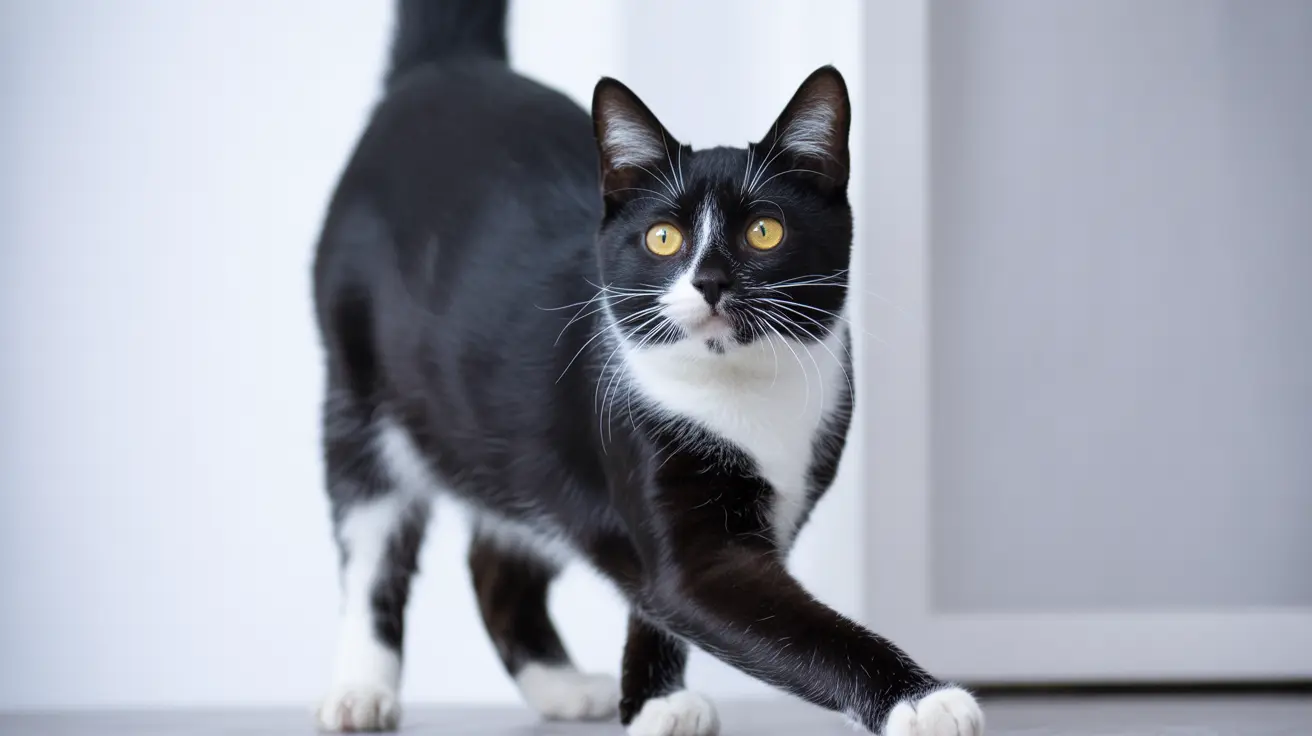Can You Mix Eggs with Cat Food? A Guide for Pet Owners
Cats are obligate carnivores, meaning their diet must be rich in animal-based proteins. Many pet owners look for natural ways to supplement their feline’s diet — and one common question arises: Is it okay to mix eggs with cat food?
Are Eggs Safe for Cats?
Eggs are a protein-rich food and can offer some valuable nutrients to your cat when prepared correctly. Cooked eggs are safe for cats in moderation and can provide:
- High-quality protein
- Essential amino acids
- Vitamins like B12 and D
- Minerals such as iron and selenium
Benefits of Adding Eggs to Cat Food
When eggs are cooked and added in small amounts, they can support your cat’s health in several ways:
- Improved coat health due to protein and biotin content
- Enhanced muscle maintenance from digestible protein
- Increased food appeal for picky eaters
Should Raw Eggs Be Avoided?
Yes, raw eggs should be avoided. Raw egg whites contain avidin, a protein that can interfere with biotin absorption, potentially leading to skin and coat issues. There’s also a risk of salmonella or E. coli in raw eggs, which can be dangerous for both cats and humans.
How to Serve Eggs to Your Cat
- Cook the egg fully — boiled or scrambled without seasonings
- Avoid butter, oil, salt, onions, or garlic
- Cool the egg before mixing with regular cat food
- Offer in small portions to avoid upsetting their digestive system
Remember, eggs should be used as an occasional treat — not a staple in your cat’s diet.
How Often Can Cats Eat Eggs?
Feeding eggs should be done moderately. Veterinarians generally recommend no more than one egg per week, depending on the size and health requirements of your cat.
Consider Your Cat’s Health Conditions
If your cat has conditions like kidney disease, pancreatitis, or food allergies, consult your veterinarian before introducing eggs into their diet. Eggs are rich in protein and fat, which may not suit these health conditions.
Alternatives to Eggs in Cat Diets
If you’re looking to diversify your cat’s protein sources, other safe options include:
- Cooked chicken or turkey
- Cooked tuna or salmon (occasionally)
- Commercial cat treats with balanced nutrients
Signs Eggs May Not Agree with Your Cat
Monitor your cat after feeding them eggs. If you notice any of the following, discontinue and consult your vet:
- Vomiting or diarrhea
- Excessive gas
- Changes in appetite or behavior
Final Thoughts
In summary, adding cooked eggs to your cat’s food can be a nutritional boost when done with caution. Avoid raw eggs and limit portions to keep your feline friend healthy and satisfied. Always talk to your vet before making dietary changes to ensure they meet your pet’s specific needs.





